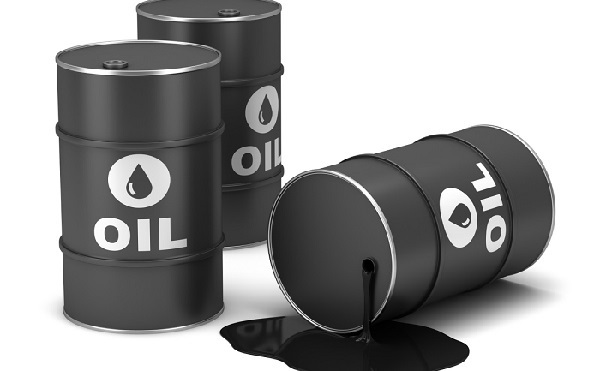
Realising more oil revenue: Jubilee partners, govt must double efforts to ramp up production
Total receipts from liftings from Ghana’s oil fields amounted to $521.9 million in the second half of 2023.
This is, however, lower than the $696.815 million secured in the same period of 2022. No reasons have yet been assigned to the drop in proceeds.
The 2023 figure includes proceeds from liftings for the period which stood at $319.7 million.
The other receipts include corporate taxes ($198.692 million), surface rental ($112.082) as well as interest income for the period under review. (See full story on page 3).
The development comes particularly at a time when the government is in dire need of funds to shore up its domestic revenue in the wake of the closure of the international capital markets to the country.
Graphic Business recalls the wild celebrations that greeted the discovery of oil in commercial quantities more than a decade ago. To many, this blessing was expected to be a major source of revenue for the government aside from cocoa which continues to dominate as the lead source of foreign exchange revenue for the state.
It will be recalled that at time of the discovery, Ghanaians and the world at large were informed that the oil fields at the country’s Cape Three Points in the Western Region held hundreds of millions of barrels of what many describe as ‘black gold’ and which exploitation could last many decades.
It began with the production of an average daily production of 100,000 barrels with assurances from the Jubilee partners that the levels would go up to about 250,000 barrels per day as they ramp up production with the discovery of more wells.
The paper expected that as the plan to increase production evolved, the projected production volumes per day would be realised to enable the country to rake in more revenue from oil production and realise the dream of having oil as the lead foreign exchange revenue earner for the state.
An analysis of the production cycle and revenues accrued to the state as captured by Statista, a trusted German online platform that specialises in data gathering and visualisation, showed that as of May 2023 the crude oil production capacity in Ghana stood at 173,000 per day, which was a decrease from the preceding month. From January 2021, the volume of crude oil that can be produced in Ghana followed an upward trend, until December 2022, when the trend started going down.
In January 2021, revenue from oil covered 0.1 per cent of the country's Gross Domestic Product (GDP), and this reached zero and 0.1 per cent in May and June 2021, respectively. In real oil monetary inflow, the country accumulated around GH¢512.7 million in January 2021 (equivalent of $83 million), while in May and June 2021, roughly no value and GH¢620 million (100.4 million U.S. dollars), respectively, were attained by the nation.
From oil export transactions made between entities in Ghana and the rest of the world, Ghana obtained $836.2 million in the first quarter of 2021. The Balance of Payments on oil exports had stood at $784.6 million in the third quarter of the previous year. On the other hand, in June 2021, no crude oil was imported into the country. Furthermore, prices of this product reached $73.35 U.S. dollars per barrel by June 2021.
It is a fact that at the time, lower counts in crude oil production, capacity, revenue and imports may be due to the impact of the coronavirus (COVID-19) pandemic on the country's economy. However, the situation has changed as many sectors have long returned to pre-pandemic days.
Graphic Business believes that there is a lot of revenue to be accrued from the many oil fields in the country and, therefore, there is the need for the government and the Jubilee partners to work around the clock to ramp up production to enable the country to reap the full benefits of the find.
The inconsistent trend is not helpful and does not allow for sound predictability, particularly at a time when the country is in dire need of funds because of its inability to access the international commercial markets to borrow for projects.
We trust that whatever the challenges, all players, including the government, will address them and do all it takes to ramp up production.